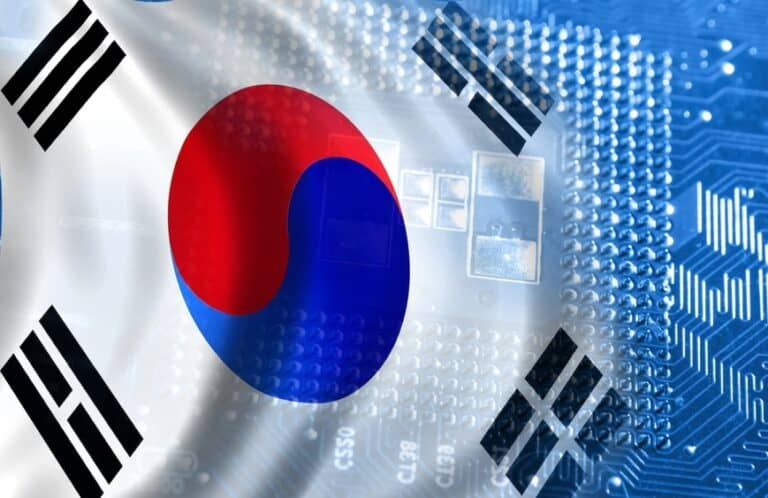Europe, North America and East Asia are all competing for market share in global chip production. South Korea is the most ambitious among all players, it appears. Over the next two decades, it will invest the equivalent of 430 billion euros.
The South Korean government’s goal is to provide 10 percent of global chip production by 2030. Currently, it sits at 3 percent.
The Korean plan focuses on Samsung and SK Hynix, which will work with the government to build 13 new chip factories there. This is on top of the 21 facilities already in place.
The 622 trillion won (430 billion euros) will come from these two companies. 500 trillion is being invested by Samsung and comes with tax breaks from the government, while the smaller SK Hynix has set aside 122 trillion won until 2047.
Ambitious growth
Although the hundreds of billions are spread over a period of more than 20 years, the plans show how serious South Korea is about fortifying its chip industry. Europe and the U.S. are far less ambitious, with 43 billion euros and converted 52.7 billion dollar respectively intended to increase their own chip production. Given that those budgets are intended to cover a continent’s production on the one hand, and a continent-sized nation on the other, those figures are quite underwhelming when compared to the Korean plans.
South Korea is the world’s largest producer of semiconductors. The sector accounts for 7 percent of GDP. 16 percent of its exports consist of computer chips. For years, it has been clear that the country wants to maintain its lead, especially now that foreign investments have thrown down a gauntlet.
The nation’s goal of 10 percent market share is comparatively more ambitious than what Europe aspires to. Whereas the EU wants to grow its chip sector’s global market share from 10 to 20 percent, South Korea hopes to triple its figure. Taiwan, Japan, the U.S. and China also seek to maintain or, where possible, increase their market share.
Europe: survive or fight?
Lawmakers in Brussels will wonder if more investment is needed to compete. Whereas South Korea, Taiwan and the US can rely on large chip companies that supply products themselves, Europe mainly offers expertise to enable such production. There’s no major European manufacturers left that hope to compete with the likes of Samsung, SK Hynix or indeed hardware giants like Intel, Nvidia and AMD.
